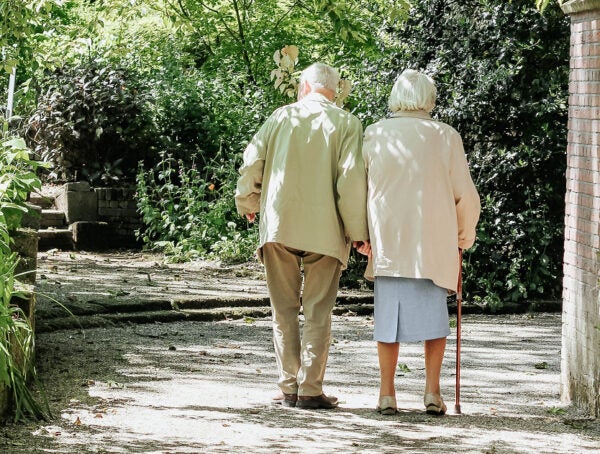Disclaimer: In Real Life is a platform for everyday people to share their experiences and voices. All articles are personal stories and do not necessarily echo In Real Life’s sentiments.
There are 5 stages of grief: denial, anger, bargaining, depression, and acceptance.
My father said we should “prepare for the worst” and I went through all of these stages at lightning speed as I watched my grandmother lay motionless on the hospital bed – tubes sticking out at every angle, clear vinyl curtains between us.
My grandmother was discharged from another hospital less than a week before, but within only a couple of days, her condition regressed and she was rushed to the government hospital once again in an ambulance.
Her lungs were filled with water, her hands and legs were swollen to the point of looking like they would burst at the slightest touch, and her heart was barely functioning. All of that plus a vast history of other medical complications gave her – and us, little to hang on to.

I felt a sense of shame
She was in the Emergency Ward overnight and then transferred to the Intensive Care Unit where she had to be closely monitored round the clock. Visiting hours were short and only one family member could see her at a time.
I remember feeling awkward and not knowing what to do when I went to see her in the ICU for the first time.
She was conscious but couldn’t really speak because of the oxygen mask. I had to stand quite a distance away behind a black line of tape on the floor – all I could do was wave and watch her wave back. Shame washed over me, was that really all I could do to comfort her?
We prepared for her passing. It was a strange feeling.
Practicality took over and we began to discuss matters such as property, her finances, and how to sort out the belongings stashed in her cluttered bedroom.
It was all very strange, and I felt a slight sense of guilt as we talked about these things.
Did it mean we no longer had hope for her recovery? The guilt came not only from preparing for her possible passing but also from the worry of what would happen if she could be discharged but need constant care.
For several nights I battled the voices in my head that told me I was a bad granddaughter for dreading having to care for her if she came home.
I caught myself thinking it would be better if she went away in her sleep instead of suffering through her health complications for longer, she said the same thing herself sometimes too. It’s different though isn’t it? When the one who is unwell says it and when someone else does.
Who does death affect most?
A few days went by of her being in intensive care and I was far past the stage of acceptance when we received a call from the hospital. Her condition had improved tremendously overnight and she would only need to be in the regular ward for a couple of days before she would be discharged.
I had spent many tireless days thinking about what we would have to do when she dies- we would have to look for a picture for her grave plot that she herself had already purchased years ago, we would have to notify all our distant relatives, her friends.
We had already sorted through some of her things and were trying to think of what to do with them all, chinese herbs stashed in cupboards, bags of clothes that she hadn’t touched in years but still kept high up on top of her wardrobe.
Perhaps all of this came from a need to distract myself from actual grief. Perhaps I hadn’t actually gone through the stages but was faking it so that I could at least function when things went south.
I wanted to be strong and level-headed, to not let emotion take over. I climbed so far into that mindset of moving on, and when there was now nothing to move on from, I didn’t know how to readjust.
I should’ve been overjoyed at the news that she could return home but for some reason all I could think was, “Now what?”
When she came home with my parents, I couldn’t bear to look her in the eyes. I never told her about what I had thought of, maybe even wished upon her as she was lying on that hospital bed, but I was afraid that she would see right through me.
Who does death affect most? The one who leaves or the ones who are left behind?
For more stories like this, read: My Husband Left Me When I Was Undergoing Chemo – Malaysian Shares Her Cancer Story, What My Father’s Death Taught Me, Have You Ever Thought About Your Own Death? Here’s What Some Malaysians Think
You might also like
More from Real People
‘A RM100 fee cost a company 5 years of revenue’ shares M’sian
This story is about a Malaysian who learned that bureaucracy can be defeated simply by not arguing with it.A billing …
‘I quiet-quit, upskilled, and tripled my salary,’ shares M’sian engineer
This story is about a Malaysian who learned that loyalty without leverage leads nowhere in the corporate world.After years of …
‘I did everything right, and it still wasn’t enough’ shares M’sian graduate
This story is about a Malaysian graduate navigating big dreams in a job market where a degree no longer guarantees …


















